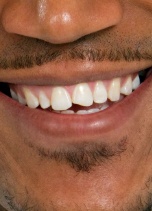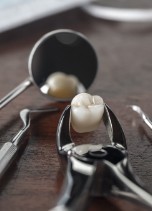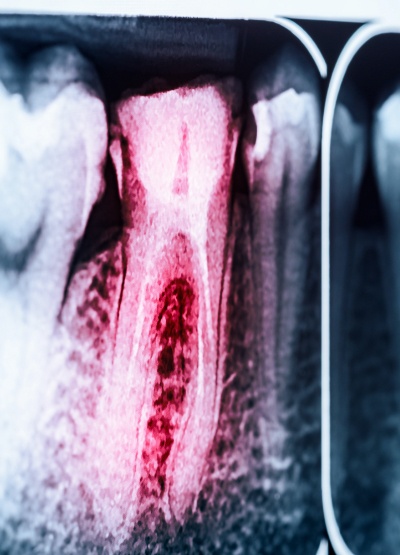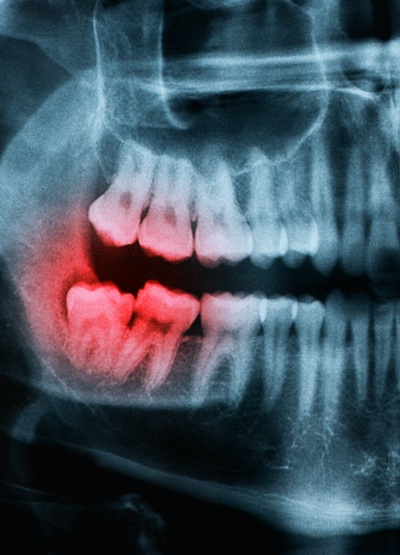Dentistry
7:00 am - 5:00 pm
7:00 am - 5:00 pm
7:00 am - 5:00 pm
7:00 am - 4:00 pm
8:00 am - 12:00 pm
Emergency Dentistry – Weatherford, TX
Same-Day Care for
Urgent Dental Situations
You can’t afford to wait to have an injured tooth examined. Dental problems can quickly grow worse when left untreated, and delaying care too much could end up costing you a tooth that could otherwise have been saved; it could also put you through an excessive amount of pain. Call Wright Family Dentistry immediately if you or someone in your family needs urgent dental care; we’ll make arrangements to have you seen as soon as possible.
Why Choose Wright Family Dentistry for Emergency Dentistry?
- Multiple Dental Services in One Location
- Same Day Emergency Appointments Available
- Gentle Team and Excellent Customer Service
How to Handle Common Dental Emergencies

While we can advise you on first aid over the phone, it helps to already have an idea of what to do when a dental emergency happens. There are many different types of emergencies, most of which are caused by either poor oral healthcare or physical trauma. Below are some general tips that can help you get a handle on some of the most common types of dental emergencies until you can get to our office.
Toothaches

Floss to remove food particles that might still be lingering between the teeth. If the pain continues past that point, you may have an infected tooth and will need to be seen immediately. Painkillers can help, but do not use aspirin, as it can cause a burning sensation if it touches the teeth or gums.
Chipped/Broken Tooth

Apply a piece of gauze to the tooth immediately to stop any bleeding. The gums around the tooth might have become swollen, so apply a cold compress to the area if you need to. You should take the time to gather the broken-off pieces of the tooth and bring them with you to your emergency appointment if possible.
Knocked-Out Tooth

You should try to get to our office within an hour or two of the initial trauma. Take care not to touch the roots when handling the tooth in question. The best way to store a knocked-out tooth is to put it back into its socket, but if you can’t, storing it in milk or a saltwater solution can work as well.
Lost Filling/Crown

The inner layers of the tooth will be exposed once the restoration is gone. The tooth will be very sensitive as a result, but applying clove oil to the area will help reduce the pain. Crowns can be reattached to the tooth with over-the-counter dental cement, but this is no substitute for professional treatment.
Head/Neck/Jaw Pain

Until the source of your pain has been diagnosed, you need to avoid anything that might make it worse. Try to stay away from hard or chewy foods as much as possible, and avoid any habits that could put significant strain on your jaw (such as resting your chin on your fist).
Preventing Dental Emergencies

You can minimize the risk of a dental emergency with the following simple steps:
- Visit our office two times a year for routine cleanings.
- Brush and floss your teeth thoroughly at least two times every day.
- Get a mouthguard to protect your teeth during physical activities.
- Break bad habits like using your teeth as tools to open packages.
- Stay away from hard items or foods that can cause the enamel protecting the teeth to fracture.
- Avoid tobacco products that can put the smile at risk for infection.
The Cost of Dental Emergencies

There’s no set cost for dental emergencies simply due to the fact that no two patients are going to need the exact same kind of treatments. Some will need a simple filling while others might need root canal therapy. An estimate will be provided as soon as we’ve put together a potential treatment plan. We will discuss your payment options during your visit and will help make sure that you’re able to afford the care you need to protect your smile and find lasting relief.
Root Canal

Tooth decay can be treated, but if left alone it will eventually reach the pulp at the center of the tooth. The pulp contains the nerve system of the tooth, meaning it will cause a lot of discomfort if it becomes infected. The damage will only become more severe, but root canal therapy allows us to stop the pain and save the tooth. We simply remove the pulp and other infectious material before filling the tooth back up with a biocompatible substance.
Learn More About Root Canal Therapy
Tooth Extractions

A tooth might have to be removed if:
- It has become too badly damaged to be repaired.
- It is suffering from decay that is no longer treatable with a root canal.
- It is impacted, meaning it cannot erupt from the gum line.
- You need full dentures but still have some teeth remaining.
We will only perform an extraction when we are sure that it is the best option for saving your smile and protecting your oral health for the long term. Otherwise, we will do all we can to preserve your natural teeth.
Wisdom Tooth Extractions

The wisdom teeth come in much later than your other permanent teeth. If they can erupt without causing any problems, then it’s okay to keep them. However, there’s a good chance that they’ll be unable to erupt from beneath your gums due to a lack of space in your mouth. We can extract wisdom teeth when it becomes apparent that they’re likely to have a negative impact on your oral health, and we can do so in a way that lets you stay as comfortable as possible.